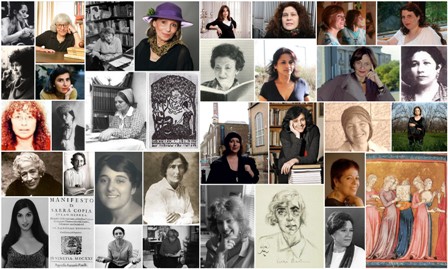Toybe Pan e la tradizione della scrittura femminile nella letteratura yiddish antica
DOI:
https://doi.org/10.13130/2035-7680/3968Parole chiave:
Yiddish antico, Gender Studies, Letteratura yiddish, Preghiera ebraica, Praga, Toybe Pan, Tkhines, PesteAbstract
Toybe Pan (17th century) is one of the first women who left a poem signed with her own name. Before her, we find in Yiddish literature considerable quantities of texts clearly written for a feminine audience and it is very difficult to find texts written by women ? it is possible to find letters, but not literary works. Rivke Tiktiner's published book of Muser changes this pattern. It was after Tiktiner's work that Toybe Pan wrote a poem on the plauge in Prague, and presents the scholar with the first woman writer in Yiddish literature who tries to find her own voice. In the present paper I wish to highlight the characteristics of her writing, and to suggest that this poem should not be read univocally as a tkhine, as scholarly literature has done rather coherently to this day, but rather as an example of the so-called historical songs written in the style of the tkhine.




